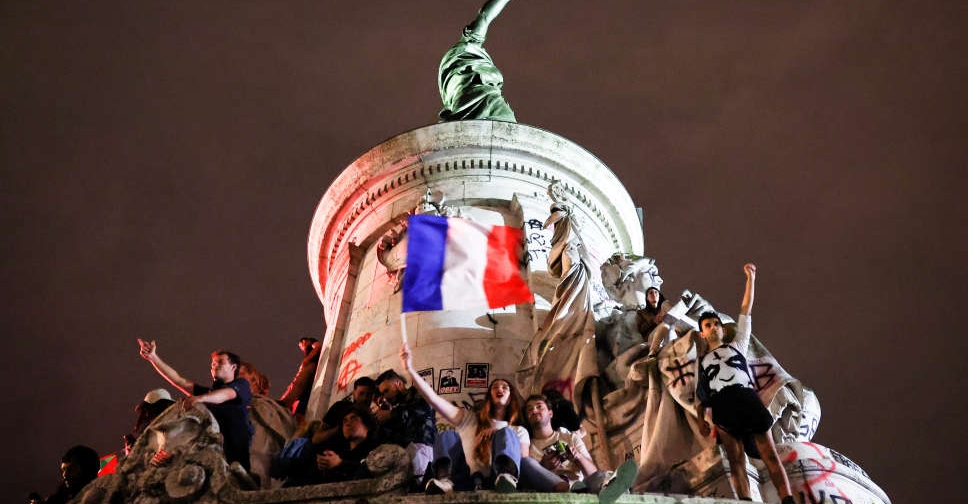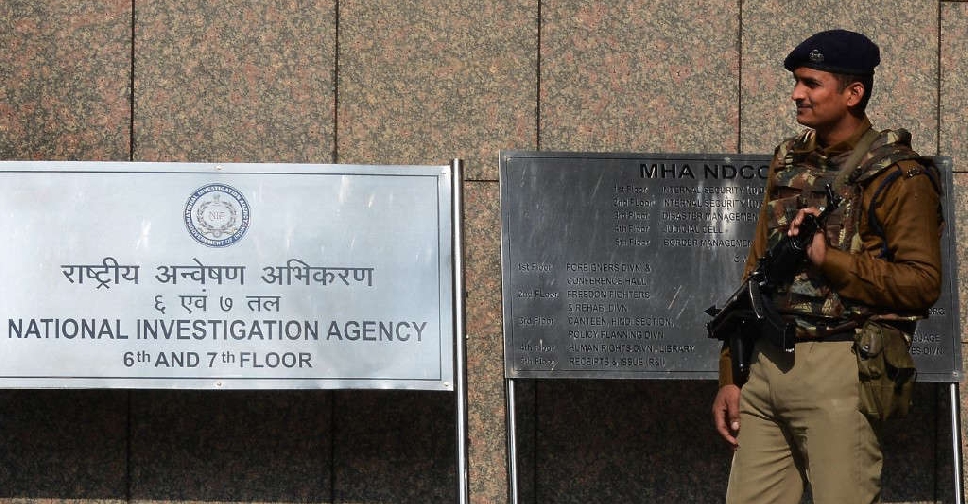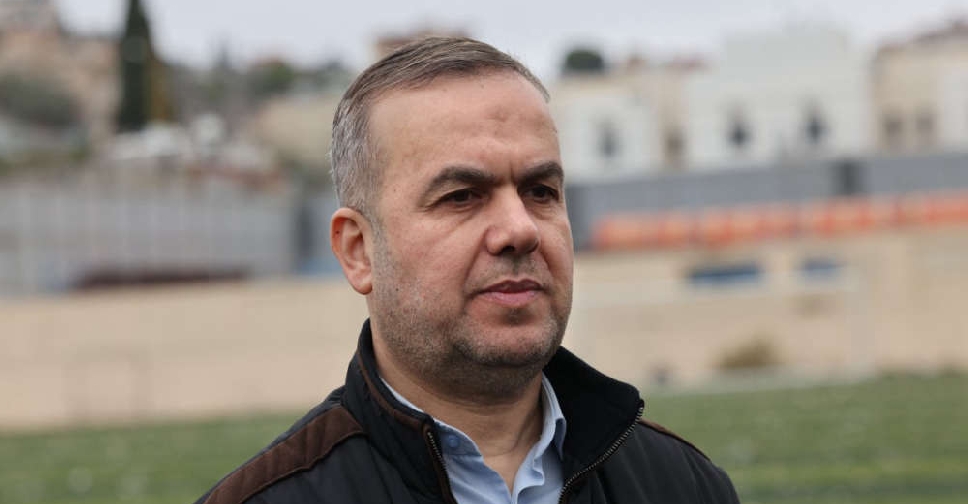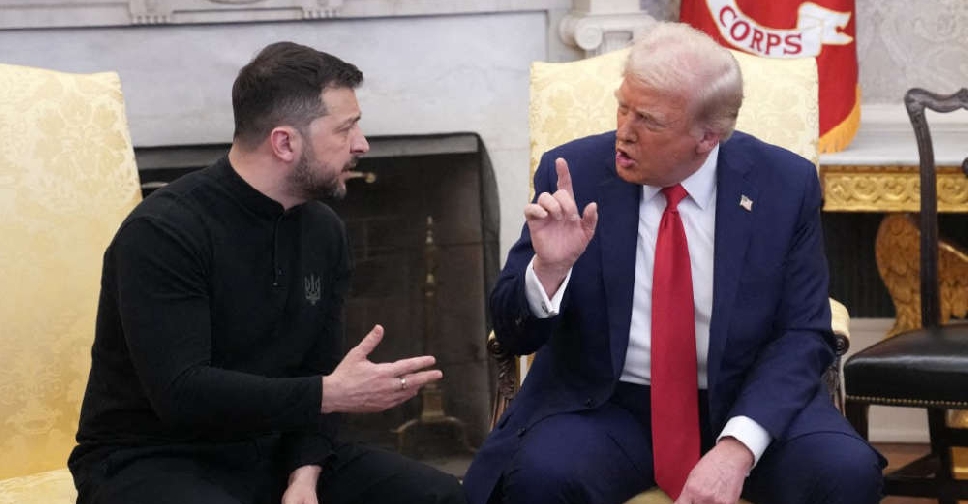
France faced a hung parliament and the prospect of taxing negotiations starting Monday to form a government, after a surprise left-wing surge blocked Marine Le Pen's quest to bring the far right to power.
The leftist New Popular Front (NFP) emerged as the dominant force in the National Assembly after Sunday's election, but with no single group securing a working majority the possibilities include the NFP forming a minority government or the building of a broad, unwieldy coalition.
The result delivered a stinging blow to President Emmanuel Macron and leaves the euro zone's second largest economy in limbo, heralding a period of political instability just weeks before Paris hosts the Olympic Games.
Macron ended up with a hugely fragmented parliament, in what is set to weaken France's role in the European Union and further afield, and make it hard for anyone to push through a domestic agenda.
The left won 182 seats, Macron's centrist alliance 168 and Le Pen's National Rally (RN) and allies 143, interior ministry data cited by Le Monde newspaper showed.
Prime Minister Gabriel Attal said he would tender his resignation, but it was not clear whether the president would accept it immediately, given the daunting task ahead to form a government. Attal said he would be willing to stay on in a caretaker role.
"I will of course do my duties as long as it's needed - it cannot be otherwise on the eve of a date (the Olympics) that is so important for our country," Attal said as it became clear Macron's alliance had endured a humbling setback.
Parties from the NFP -- made up of the French Communist Party, hard left France Unbowed, the Greens and the Socialist Party -- met overnight for first talks on how to proceed.
France Unbowed's firebrand leader Jean-Luc Melenchon said the new prime minister should hail from NFP. However, the bloc has no leader, and the its parties are strongly divided over who they could select as a suitable premier.
Some prominent centrist figures, including Edouard Philippe, a former prime minister under Macron, said they were ready to work on a pact to ensure a stable government.



 2008 Mumbai attacks accused arrives in India after US extradition
2008 Mumbai attacks accused arrives in India after US extradition
 Hezbollah ready for talks with Lebanese government, MP says
Hezbollah ready for talks with Lebanese government, MP says
 Talks between US, Ukraine on minerals deal to start Friday
Talks between US, Ukraine on minerals deal to start Friday
 Dual national prisoners head home in US-Russia swap
Dual national prisoners head home in US-Russia swap



